“My Soul Delighteth in the Words of Isaiah”
2 Nephi 11–25
LDS manual: here
Purpose
To show the mistakes in the (supposedly) “most correct book”, the Book of Mormon.
Reading
Oh, frigging hell, more Isaiah. Clearly the writer blew his wad on the story of Nephi, and has decided to plagiarise his way out of the slump. That’s one way to pad a book out.
And notice the size of the reading for this lesson! Other lessons have focused on two or three chapters — not here. Even the lesson writers knew there wasn’t much here.
I’ve said it before: people who believe in Isaiah’s prophecies are… shall we say… lacking in rigour. Here’s a tip from the LDS Gospel Doctrine manual about understanding Isaiah.
Many of Isaiah’s writings seem difficult to understand because they refer to a wide range of past and future events described in symbolic language.
Let’s break that down. If I make a prediction about the weather tomorrow (rainy, sunny), or the stock market this year (it’ll go up, it’ll go down), it’s only a useful prediction if I manage to foretell what happens within the specified time frame.
On the other hand, Isaiah fans are happy to claim a hit if the things written by Isaiah (all three of him) happen either in the past or the future — and it’s okay if it happens symbolically instead of literally.
What couldn’t be counted as a fulfilment, using this sloppy criterion?
And that’s not even counting all the stuff that ‘Isaiah’ knew about because it had just happened. Sez the manual:
For example, in 2 Nephi 20:28–34, Isaiah named the cities the Assyrian army would pass through and how it would be stopped just as it reached Jerusalem. The events happened exactly as he prophesied.
Yes, because they were written after the fact.
Note that this is a bit of a giveaway: The writer of Isaiah is perfectly capable of writing clearly when it comes to things that the writer could have witnessed and then written down. But for events in the distant future (or past), it’s all a bit hazy and obscure.
Main ideas for this lesson
Christ is God
Remember, the Book of Mormon is Mormonism v1.
2 Nephi 11:6 And my soul delighteth in proving unto my people that save Christ should come all men must perish.
11:7 For if there be no Christ there be no God; and if there be no God we are not, for there could have been no creation. But there is a God, and he is Christ, and he cometh in the fulness of his own time.
Suddenly trinitarianism!
Well, sputters the Latter-day Saint, Christ is a god. That’s one way to get around it. But remember, this was God’s big chance to restore his wonderful perfect doctrine, and he muffs it. God is the author of confusion, and the BoM writer didn’t foresee the later Mormon doctrine.
Translation mistakes
Curt Huevel of infidels.org has written an article detailing Nephi’s Isaiah problems — and they go beyond the little problem with quoting a too-late Isaiah. It seems that, when the King James Bible makes a translation mistake, the Book of Mormon dutifully follows right along.
In several cases, the Book of Mormon follows King James Version translation errors. In the verse just cited, for example, Isaiah 9:1 should read ‘honor’ in the place of ‘grievously afflict’. The Book of Mormon makes the same mistake.
Here’s the passage.
2 Nephi 19:1 Nevertheless, the dimness shall not be such as was in her vexation, when at first he lightly afflicted the land of Zebulun, and the land of Naphtali, and afterwards did more grievously afflict by the way of the Red Sea beyond Jordan in Galilee of the nations.
KJV Isaiah 9:1 Nevertheless the dimness shall not be such as was in her vexation, when at the first he lightly afflicted the land of Zebulun and the land of Naphtali, and afterward did more grievously afflict her by the way of the sea, beyond Jordan, in Galilee of the nations.
Now here’s a more appropriate translation.
NIV Isaiah 9:1 Nevertheless, there will be no more gloom for those who were in distress. In the past he humbled the land of Zebulun and the land of Naphtali, but in the future he will honor Galilee of the nations, by the Way of the Sea, beyond the Jordan—
The Book of Mormon also throws in some mistakes of its own.
In general, most of the changes occur in the italicized portions of the King James version (which the King James Translators employed to indicate that the translation is not original to the text). Smith either dropped or modified the italicized phrases. In some cases, the changes made to the text result in impossible readings. For example, II Nephi 19:1 adds the phrase ‘red sea’ to Isaiah 9:1, which makes no sense in the geographical context.
Let’s have a look at those passages.
2 Nephi 19:1 Nevertheless, the dimness shall not be such as was in her vexation, when at first he lightly afflicted the land of Zebulun, and the land of Naphtali, and afterwards did more grievously afflict by the way of the Red Sea beyond Jordan in Galilee of the nations.
Isaiah 9:1 Nevertheless the dimness shall not be such as was in her vexation, when at the first he lightly afflicted the land of Zebulun and the land of Naphtali, and afterward did more grievously afflict her by the way of the sea, beyond Jordan, in Galilee of the nations.
Which sea was Isaiah talking about?
Ellicott’s commentary: The way of the sea . . .—The context shows that the “sea” is that which appears in Bible history under the names of the sea of Chinnereth (Numbers 34:11; Deuteronomy 3:17), the Sea of Galilee, the Sea of Tiberias (John 6:1), Gennesaret (Mark 6:53). The high road thence to Damascus was known as Via Maris in the time of the Crusaders (Renan, quoted by Cheyne).
Cambridge Bible: the way of the sea] either “in the direction of the (Mediterranean) Sea,” or “the region along the West side of the Sea of Gennesareth.” In the time of the Crusades Via Maris was the name of the road leading from Acre to Damascus.
Not quite the same sea then.
Creative interpretation of prophecy
The LDS Church would like to show that it is the fulfilment of prophecy. From the manual:
• When the angel Moroni appeared to Joseph Smith, he said that chapter 11 of Isaiah (quoted in 2 Nephi 21) was about to be fulfilled (Joseph Smith—History 1:40). How is the restored gospel of Jesus Christ an ensign to all nations? (See D&C 64:41–43; 105:39; 115:4–6.)
Let’s have a look at the reading.
2 Nephi 21:6 The wolf also shall dwell with the lamb, and the leopard shall lie down with the kid, and the calf and the young lion and fatling together; and a little child shall lead them.
21:7 And the cow and the bear shall feed; their young ones shall lie down together; and the lion shall eat straw like the ox.
21:8 And the suckling child shall play on the hole of the asp, and the weaned child shall put his hand on the cockatrice’s den.
21:9 They shall not hurt nor destroy in all my holy mountain, for the earth shall be full of the knowledge of the Lord, as the waters cover the sea.
21:10 And in that day there shall be a root of Jesse, which shall stand for an ensign of the people; to it shall the Gentiles seek; and his rest shall be glorious.
21:11 And it shall come to pass in that day that the Lord shall set his hand again the second time to recover the remnant of his people which shall be left, from Assyria, and from Egypt, and from Pathros, and from Cush, and from Elam, and from Shinar, and from Hamath, and from the islands of the sea.
21:12 And he shall set up an ensign for the nations, and shall assemble the outcasts of Israel, and gather together the dispersed of Judah from the four corners of the earth.
Hang on — let me get this straight. The first part of this bit shows (as I understand it) the conditions at the time of the Millennium — complete cessation of hostilities, lions cavorting with lambs, the whole thing.
And then — at that very same time — the Lord sets the Mormon Church up as an ensign to the nations.
Well, it looks like the first part of the prophecy hasn’t been fulfilled. I haven’t seen any cows and bears feeding together, have you? The church is trying to say that it’s fulfilled the second part of prophecy when the first part hasn’t happened, and yet they’re supposed to take place at the very same time.
Believers are always accusing me of ignoring context. “You’re taking that out of context!” they moan. Well, it’s not me. They’re the real cherry-pickers.
Then Nephi goes back to quoting Isaiah, with all the attendant…
Misogyny
2 Nephi 13:11 Wo unto the wicked, for they shall perish; for the reward of their hands shall be upon them!
13:12 And my people, children are their oppressors, and women rule over them. O my people, they who lead thee cause thee to err and destroy the way of thy paths.
Horror
2 Nephi 19:19 Through the wrath of the Lord of Hosts is the land darkened, and the people shall be as the fuel of the fire; no man shall spare his brother.
19:20 And he shall snatch on the right hand and be hungry; and he shall eat on the left hand and they shall not be satisfied; they shall eat every man the flesh of his own arm —
God threatening people if they don’t believe in him
2 Nephi 23:6 Howl ye, for the day of the Lord is at hand; it shall come as a destruction from the Almighty.
23:7 Therefore shall all hands be faint, every man’s heart shall melt;
23:8 And they shall be afraid; pangs and sorrows shall take hold of them; they shall be amazed one at another; their faces shall be as flames.
23:9 Behold, the day of the Lord cometh, cruel both with wrath and fierce anger, to lay the land desolate; and he shall destroy the sinners thereof out of it.
23:10 For the stars of heaven and the constellations thereof shall not give their light; the sun shall be darkened in his going forth, and the moon shall not cause her light to shine.
23:11 And I will punish the world for evil, and the wicked for their iniquity; I will cause the arrogancy of the proud to cease, and will lay down the haughtiness of the terrible.
…
23:15 Every one that is proud shall be thrust through; yea, and every one that is joined to the wicked shall fall by the sword.
23:16 Their children, also shall be dashed to pieces before their eyes; their houses shall be spoiled and their wives ravished.
Just plain loopiness
2 Nephi 16:1 In the year that king Uzziah died, I saw also the Lord sitting upon a throne, high and lifted up, and his train filled the temple.
16:2 Above it stood the seraphim; each one had six wings; with twain he covered his face, and with twain he covered his feet, and with twain he did fly.
16:3 And one cried unto another, and said: Holy, holy, holy, is the Lord of Hosts; the whole earth is full of his glory.
Nephi decides to go one better and throw in some anti-Semitism.
2 Nephi 25:2 For I, Nephi, have not taught them many things concerning the manner of the Jews; for their works were works of darkness, and their doings were doings of abominations.
People sometimes say that the church helps to build moral values. Well, in this one reading, we’ve seen some of the worst values religion has to offer. Let’s be clear: there are much better values out there.
And remember also: this was the very best God could do. What words to humanity were so important that they needed to be written by Isaiah, and then written again by Nephi? Knowledge about science? A little advice about health? Rules about treating everyone equally? Any one of those would have benefitted humanity greatly. But no, all we get are some relatively minor details about battles between ancient warring tribes, along with a side helping of marginalisation. It’s pathetic for the church to be promoting this.
If you’d like to see more about the Isaiah chapters, here’s the relevant lesson.
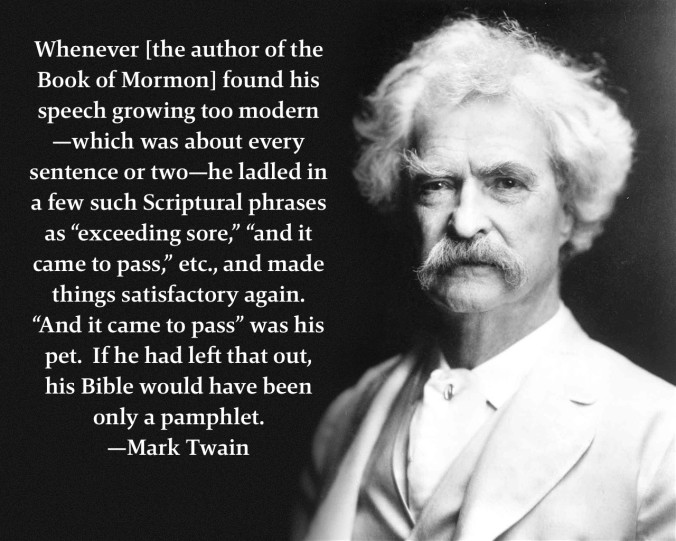
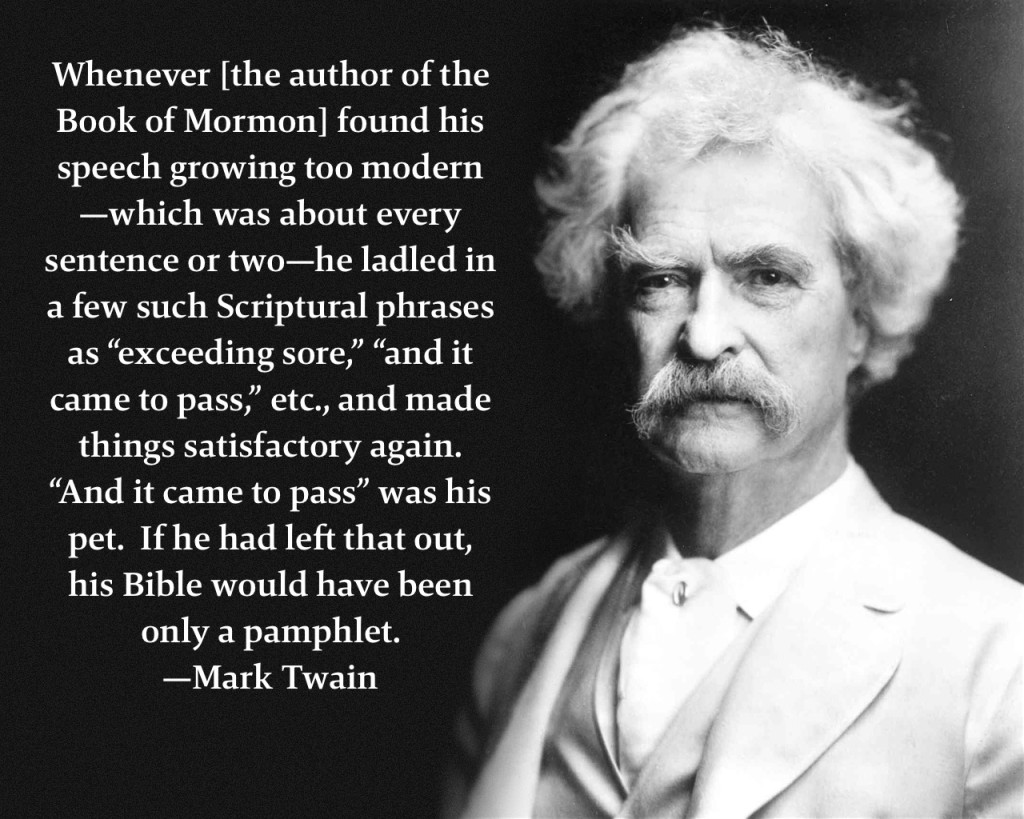
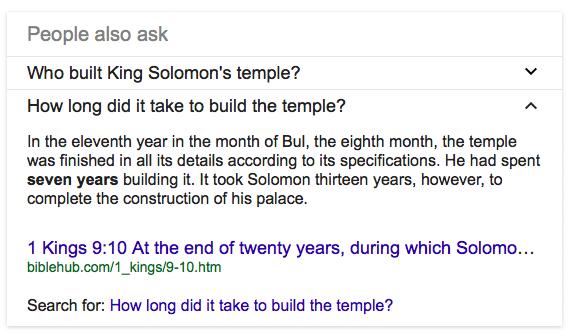

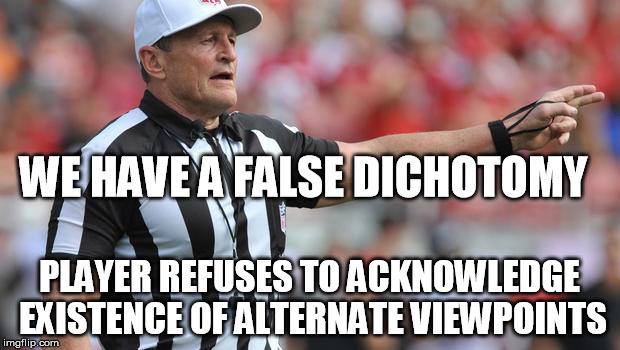



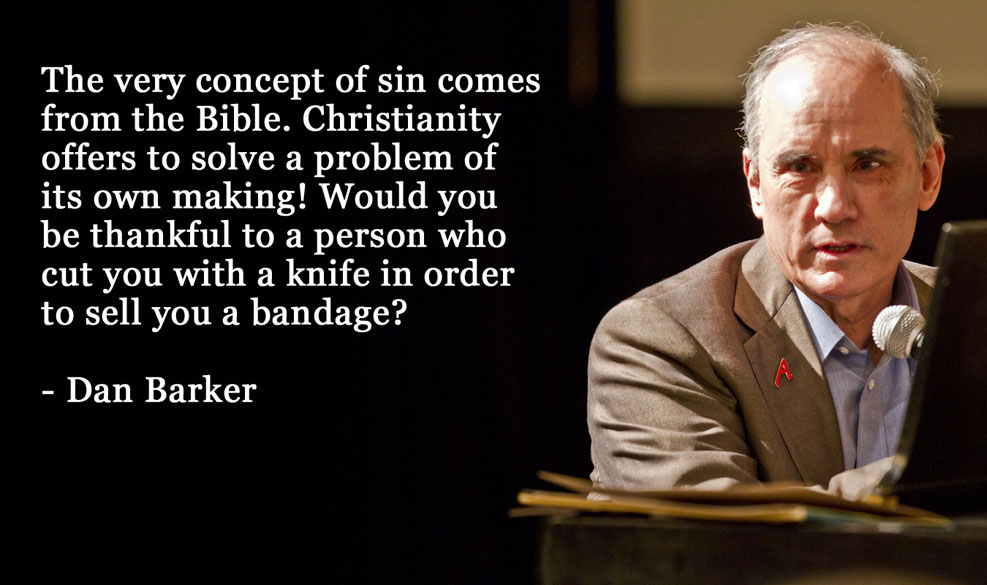

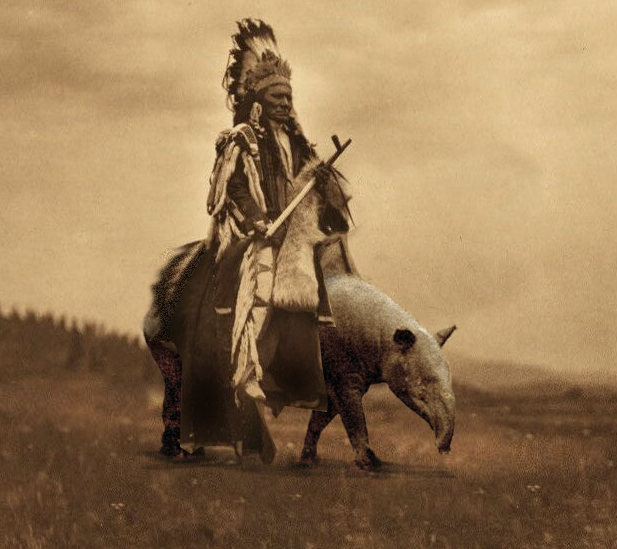
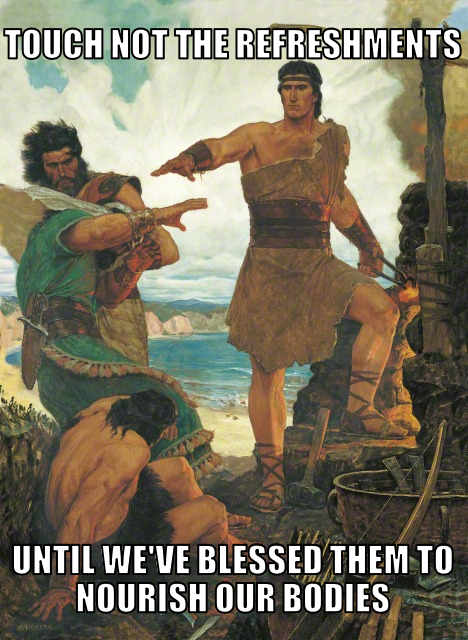
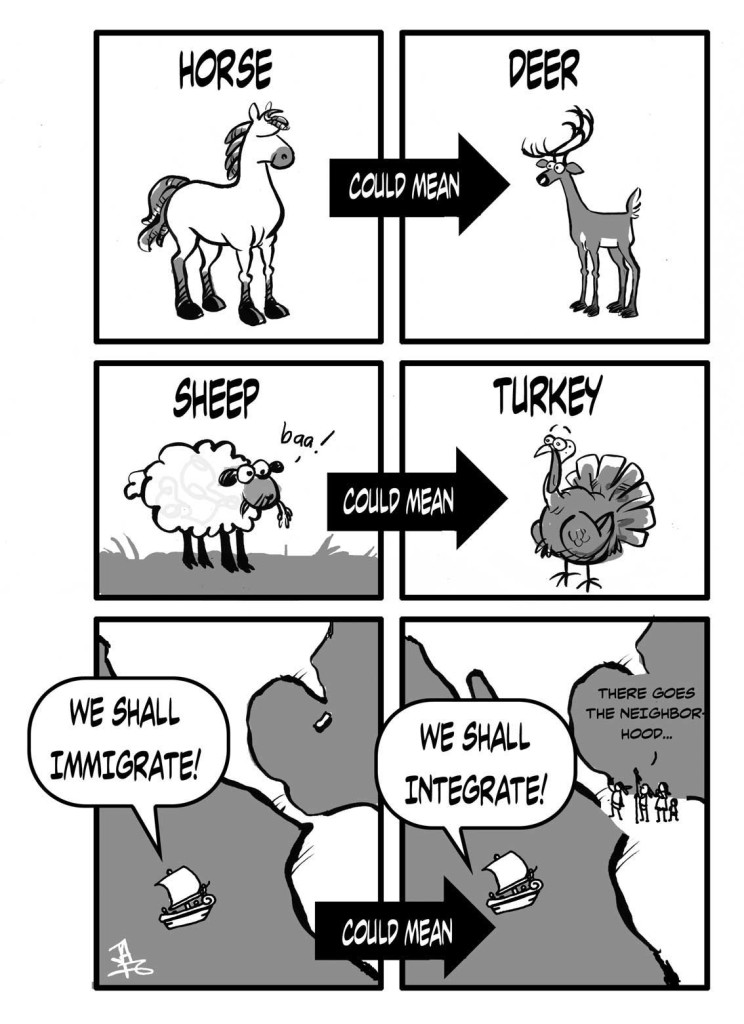


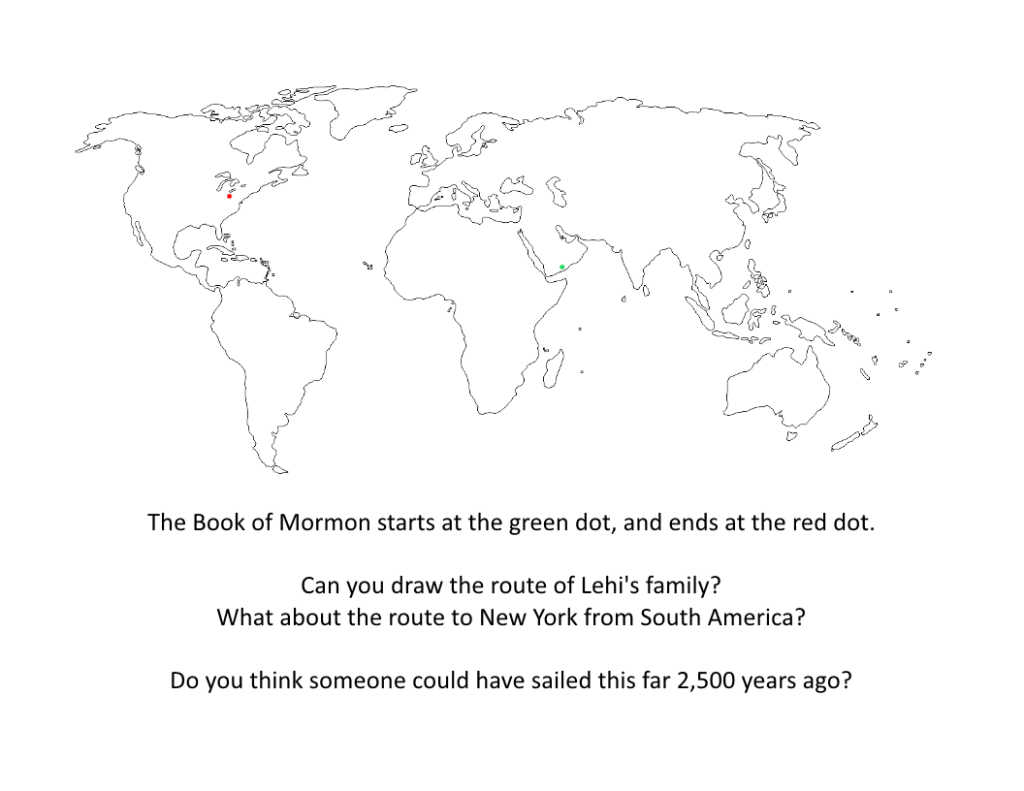
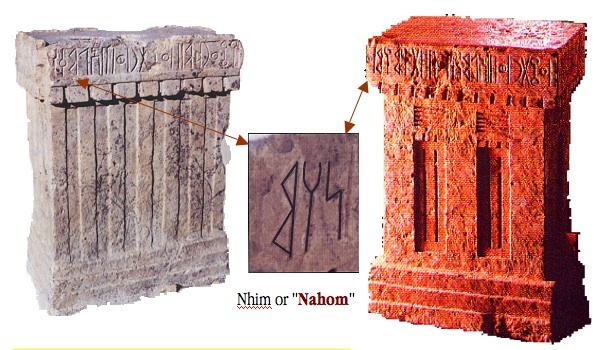


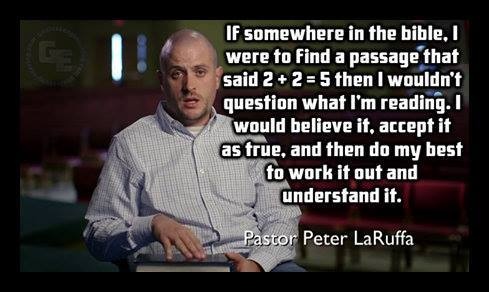

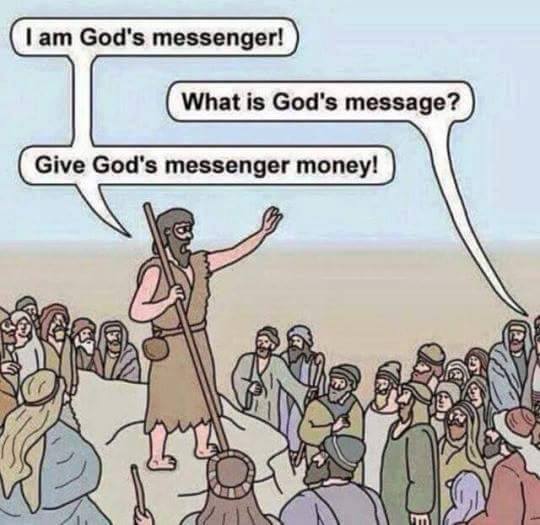
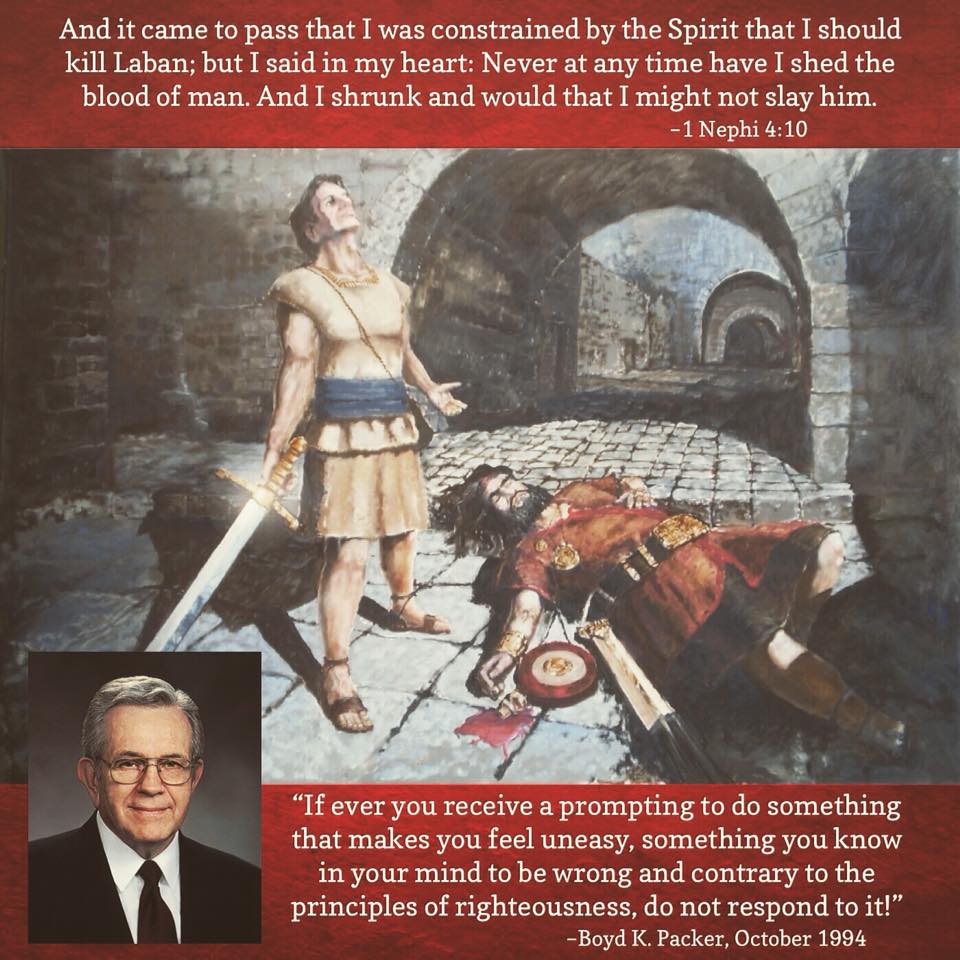

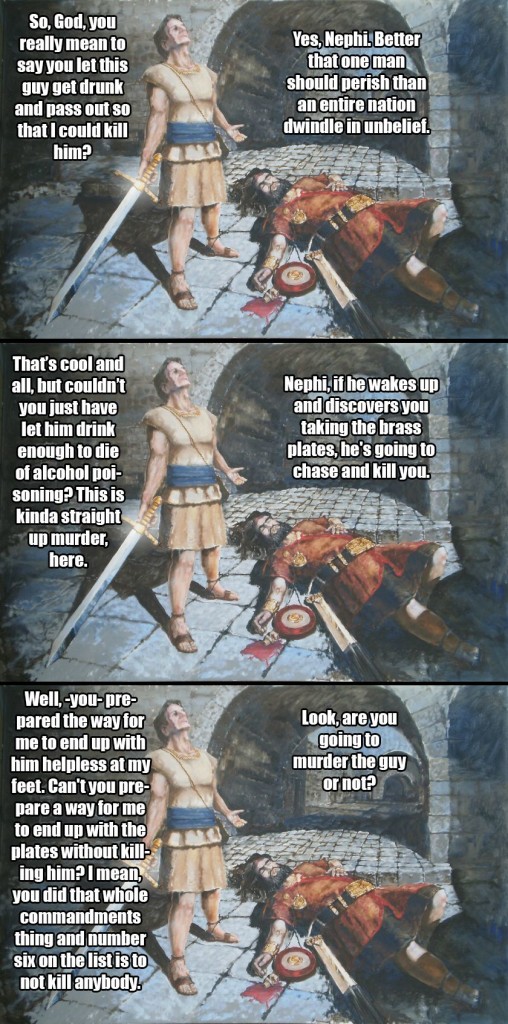

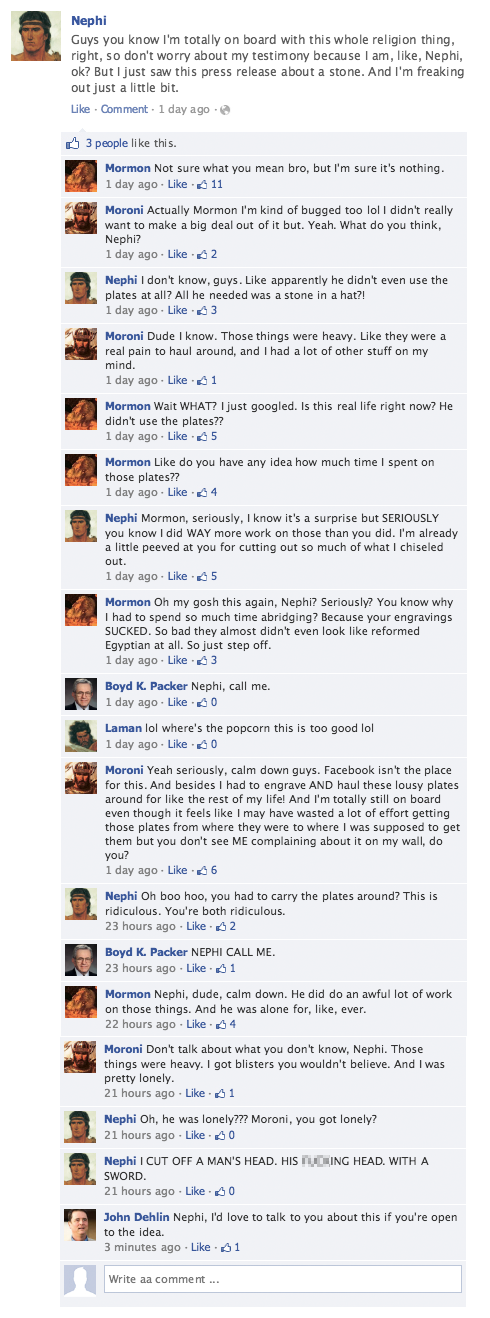
Recent Comments